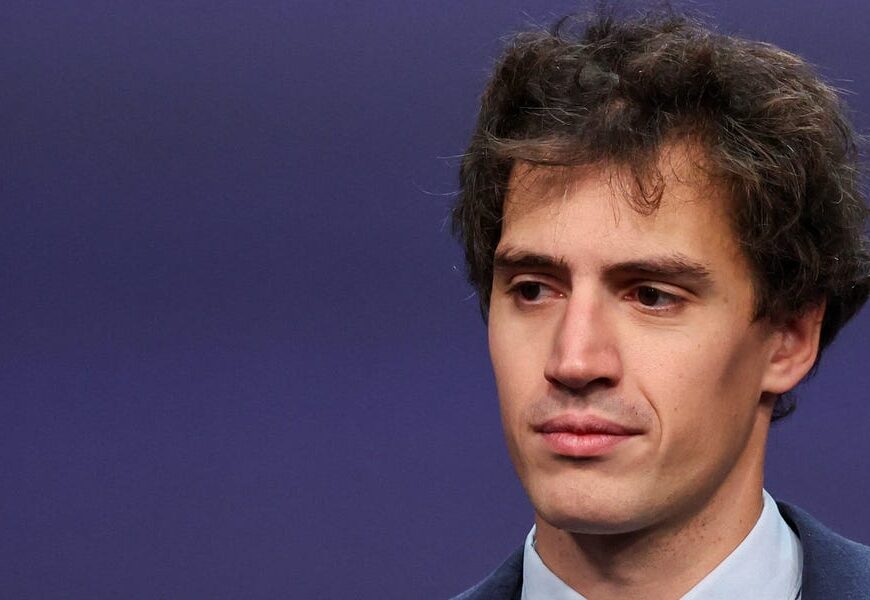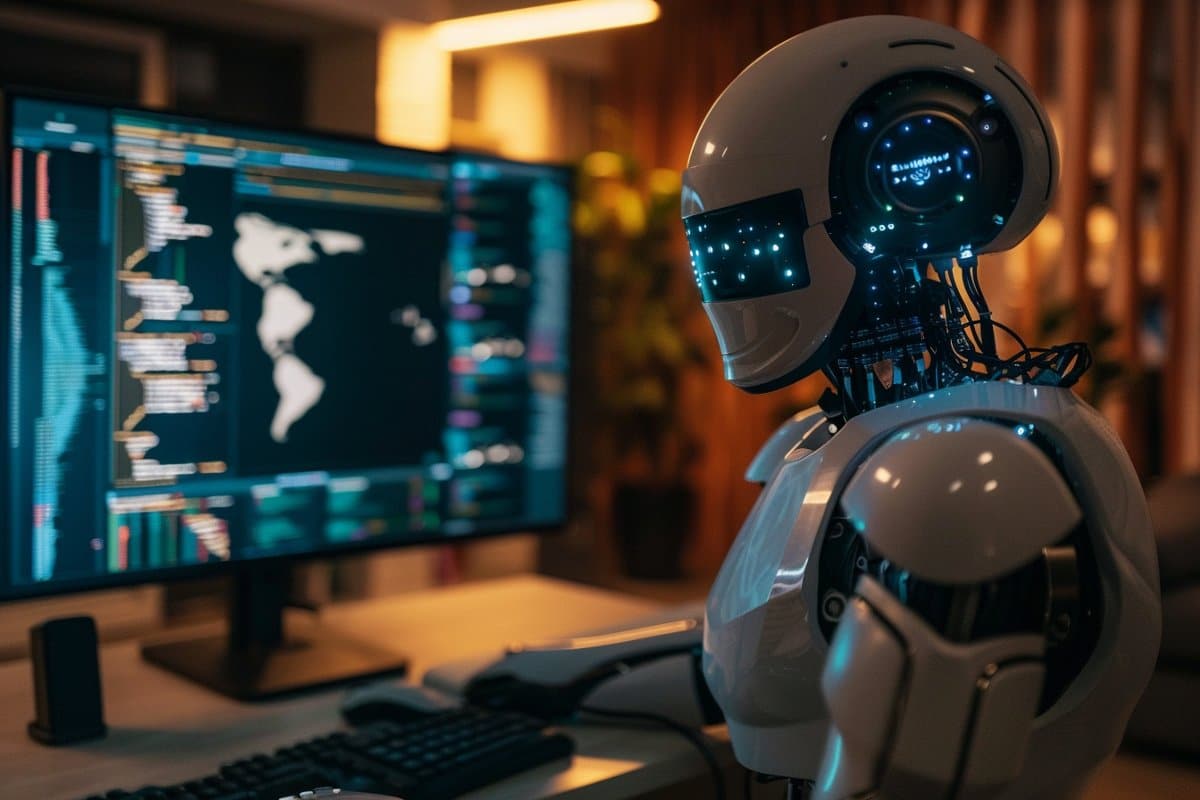- Arthur Mensch, the Chief Executive Officer (CEO) of Mistral, has likened the pursuit of basic AI development to the concept of “creating God.”
- Contrary to the predictions of prominent figures like Elon Musk and Sam Altman, the CEO of Mistral does not believe that AI will surpass human intelligence.
- Mensch cautions against the imposition of AI standards by tech giants that do not align with international values and traditions.
Arthur Mensch, the founder and CEO of Mistral, holds the belief that artificial general intelligence (AGI) is akin to pursuing a deity, drawing parallels between the two concepts. He stands firm in his disbelief in both God and the concept of AGI surpassing human intelligence.
AGI, the hypothetical level of AI surpassing human capabilities, remains a topic of debate and concern within the tech community. The potential implications of AGI, such as job displacement and societal impacts, are subjects of apprehension among experts.
Despite being a young CEO at 31, Mensch has garnered significant attention for Mistral, an AI company he co-founded with friends in Paris. The company has gained recognition as a leading software firm globally and a standout in Europe.
In a recent interview with The New York Times, Mensch diverged from the viewpoints of influential tech CEOs by expressing skepticism towards Silicon Valley’s almost reverential attitude towards AGI.
During the interview, Mensch emphasized his skepticism by stating, “The entire discourse around AGI is akin to playing God. I am a staunch nonbeliever, and therefore, I do not subscribe to the concept of AGI.”
In contrast to assertions made by tech leaders like Elon Musk and Sam Altman regarding AI’s potential to outshine human intellect, Mensch raises concerns about the societal repercussions of such advancements.
Furthermore, the emergence of a novel AI-centric religion, as highlighted by figures like Anthony Levandowski, poses additional ethical and philosophical questions. Levandowski’s initiative, “Way of the Future,” aimed to establish a religious connection with AI, reflecting a broader trend in the tech industry.
Mensch underscores the immediate threat posed by technology giants reshaping societal norms through AI models, asserting that this influence may clash with diverse international values and cultural norms.
The recent enactment of the Artificial Intelligence Act by the European Union signifies a pivotal step towards regulating AI technologies to safeguard citizens. Mensch underscores the significance of such regulations in mitigating potential risks associated with AI dominance by major tech corporations.
Moreover, Mensch critiques the motives behind calls for open-source AI designs, cautioning against potential ulterior motives by Big Tech firms to stifle competition through regulatory measures.










